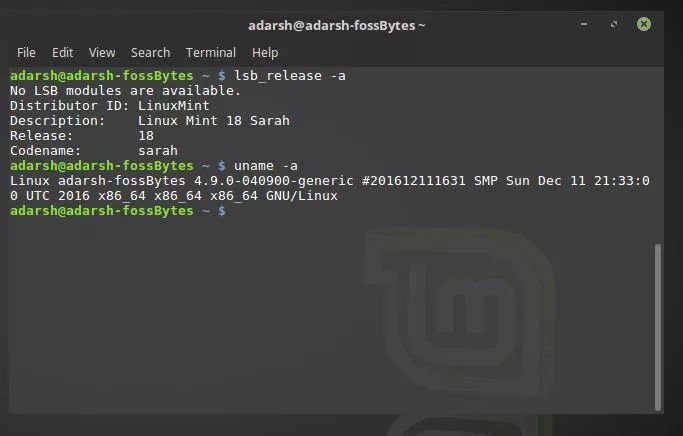

Linux is typically packaged as a Linux distribution, which includes the kernel and supporting system software and libraries, many of which are provided by the GNU Project. Linux ( / ˈ l iː n ʊ k s/ ( listen) LEE-nuuks or / ˈ l ɪ n ʊ k s/ LIN-uuks) is a family of open-source Unix-like operating systems based on the Linux kernel, an operating system kernel first released on September 17, 1991, by Linus Torvalds. Most distributions include a desktop environment ( GUI).Kernel-tools - Contains tools for manipulating the Linux kernel and supporting documentation. Kernel-abi-whitelists - Contains information pertaining to the Fedora kernel ABI, including a lists of kernel symbols that are needed by external Linux kernel modules and a dnf plug-in to aid enforcement. Perf - This package contains supporting scripts and documentation for the perf tool shipped in each kernel image subpackage. Linux-firmware - Contains all of the firmware files that are required by various devices to operate. The header files define structures and constants that are needed for building most standard programs. Kernel-headers - Includes the C header files that specify the interface between the Linux kernel and user-space libraries and programs. Kernel-debug-devel - Contains the development version of the kernel with numerous debugging options enabled for kernel diagnosis, at the expense of reduced performance. Kernel-devel - Contains the kernel headers and makefiles sufficient to build modules against the kernel package. Kernel-debug - Contains a kernel with numerous debugging options enabled for kernel diagnosis, at the expense of reduced performance. Kernel - Contains the kernel for single, multicore and multiprocessor systems. Kernel, Module and Driver Configuration.System Locale and Keyboard Configuration.


 0 kommentar(er)
0 kommentar(er)
